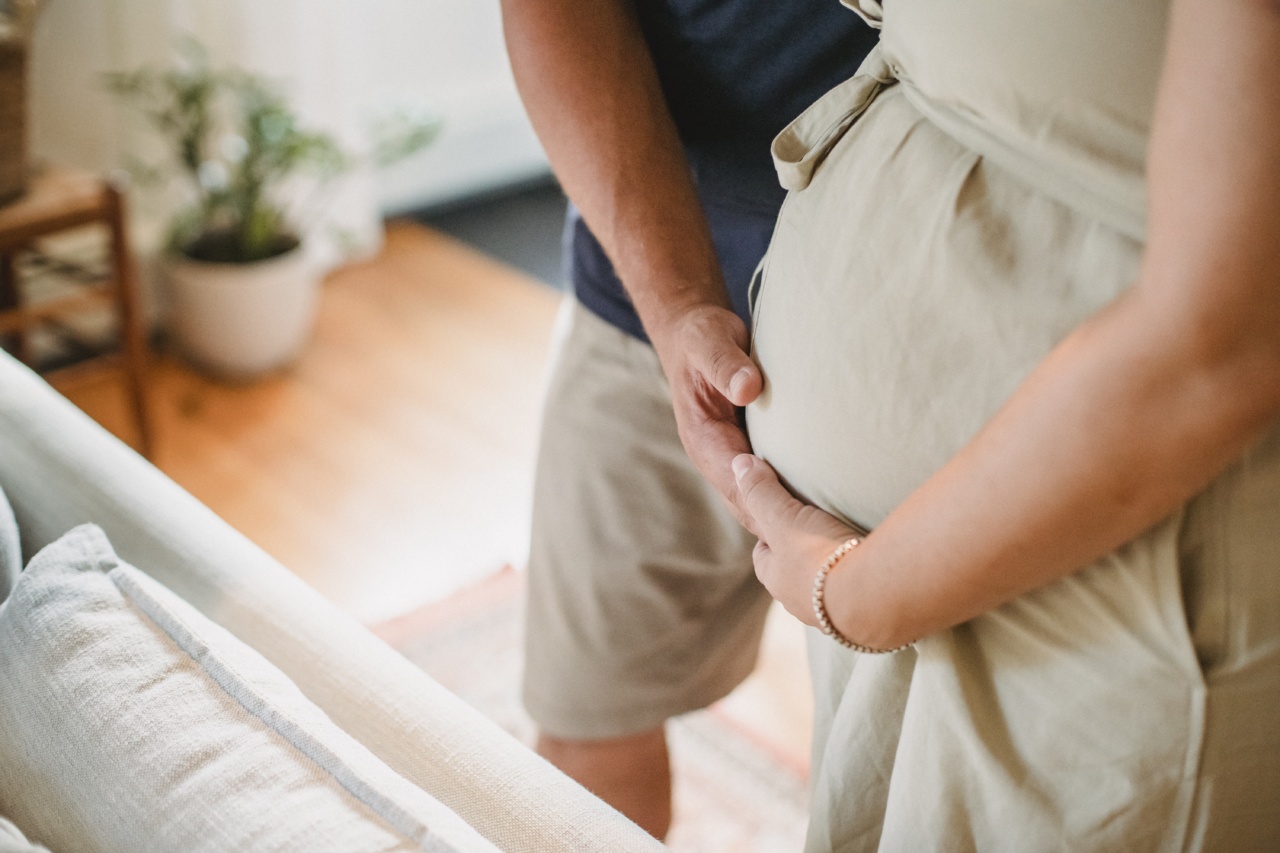Constipation is a common problem pregnant women face, and it can be truly uncomfortable. Hormonal changes in pregnancy can cause constipation, so it is important to know how to deal with this issue.
This article discusses the causes of pregnancy constipation and provides tips for relief.
Causes of Pregnancy Constipation
There are several factors that contribute to constipation during pregnancy:.
1. Hormonal changes
In the early stages of pregnancy, hormone progesterone is produced in large quantities. This hormone relaxes the muscles of the digestive tract, making it difficult for food to pass through the intestines, leading to constipation.
2. Iron Supplements
Iron supplements are recommended during pregnancy to prevent anemia. However, these supplements can cause constipation in some women. Iron supplements slow down the digestive process, leading to constipation.
3. Dehydration
When pregnant, there is increased blood flow to the fetus, which may lead to dehydration. Drinking enough water is essential for proper bowel movements.
If you don’t drink enough water, your body will pull water from your stools, leading to dry, hard stools, resulting in constipation.
4. Lack of Fiber
Fiber is essential for regular bowel movements. It adds bulk to the stool, making it easier to pass. Pregnant women require a high fiber diet. If your diet lacks fiber, you’re likely to suffer from constipation.
Relief Tips for Pregnancy Constipation
To tackle constipation during pregnancy, here are some tips:.
1. Drink Plenty of Water
When pregnant, it is recommended to drink around eight to ten glasses of water a day. This ensures that your body is hydrated, leading to softer stools that are easier to pass.
2. Eat a High-Fiber Diet
Foods that are high in fiber help regulate bowel movements. Increase your intake of fruits, vegetables, legumes, and whole grains. Fiber supplements like psyllium husk are also helpful.
It is advisable to gradually increase your fiber intake to prevent bloating and gas.
3. Exercise Regularly
Regular exercise can help get things moving along in the digestive system. Exercises, like walking, swimming, and yoga, can help to stimulate the digestive system. Exercise also helps reduce stress, which can contribute to constipation.
4. Use a Stool Softener
If you’re really struggling, stool softeners can help. These products contain emollient agents that help to lubricate the stool, making it easier to pass. Avoid harsh laxatives as they can cause dehydration, leading to further constipation.
5. Discuss Medications with Your Doctor
If your constipation is connected to certain medications, discuss this with your doctor. They may be able to switch you to an alternative medication that is less likely to cause constipation during pregnancy.
Conclusion
Constipation during pregnancy is a common problem that can be quite uncomfortable. Understanding its causes and implementing a few simple approaches can go a long way in providing relief.
By making lifestyle changes, you can help alleviate constipation and maintain your health during pregnancy.































